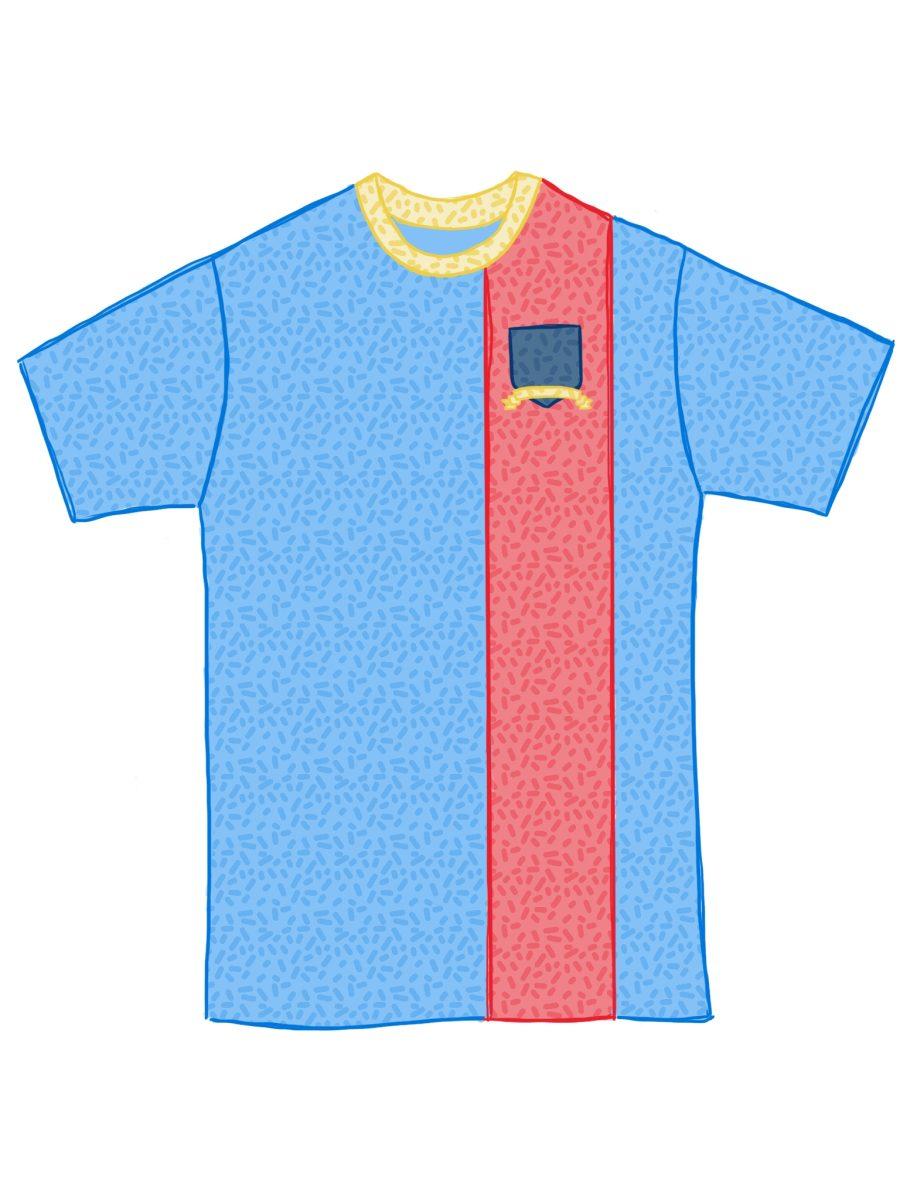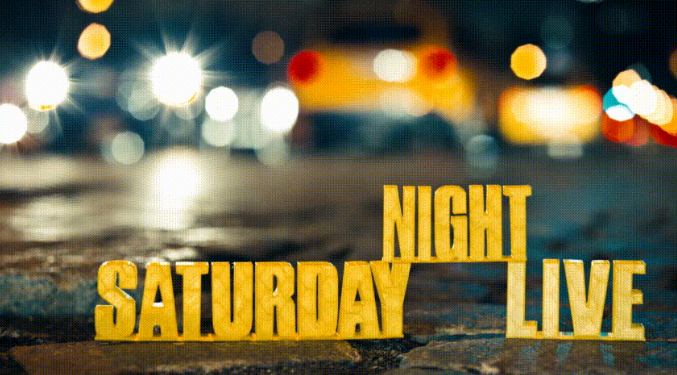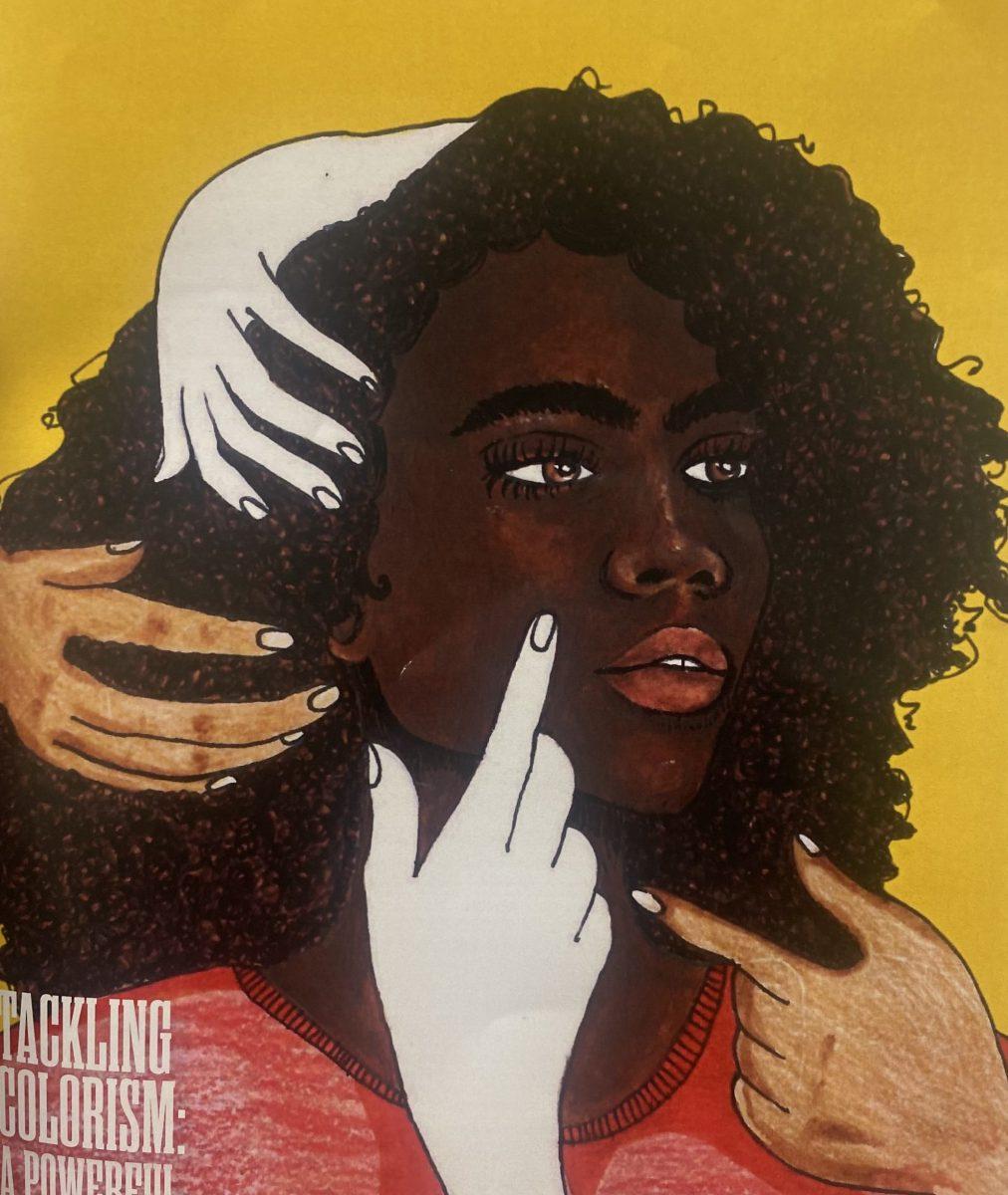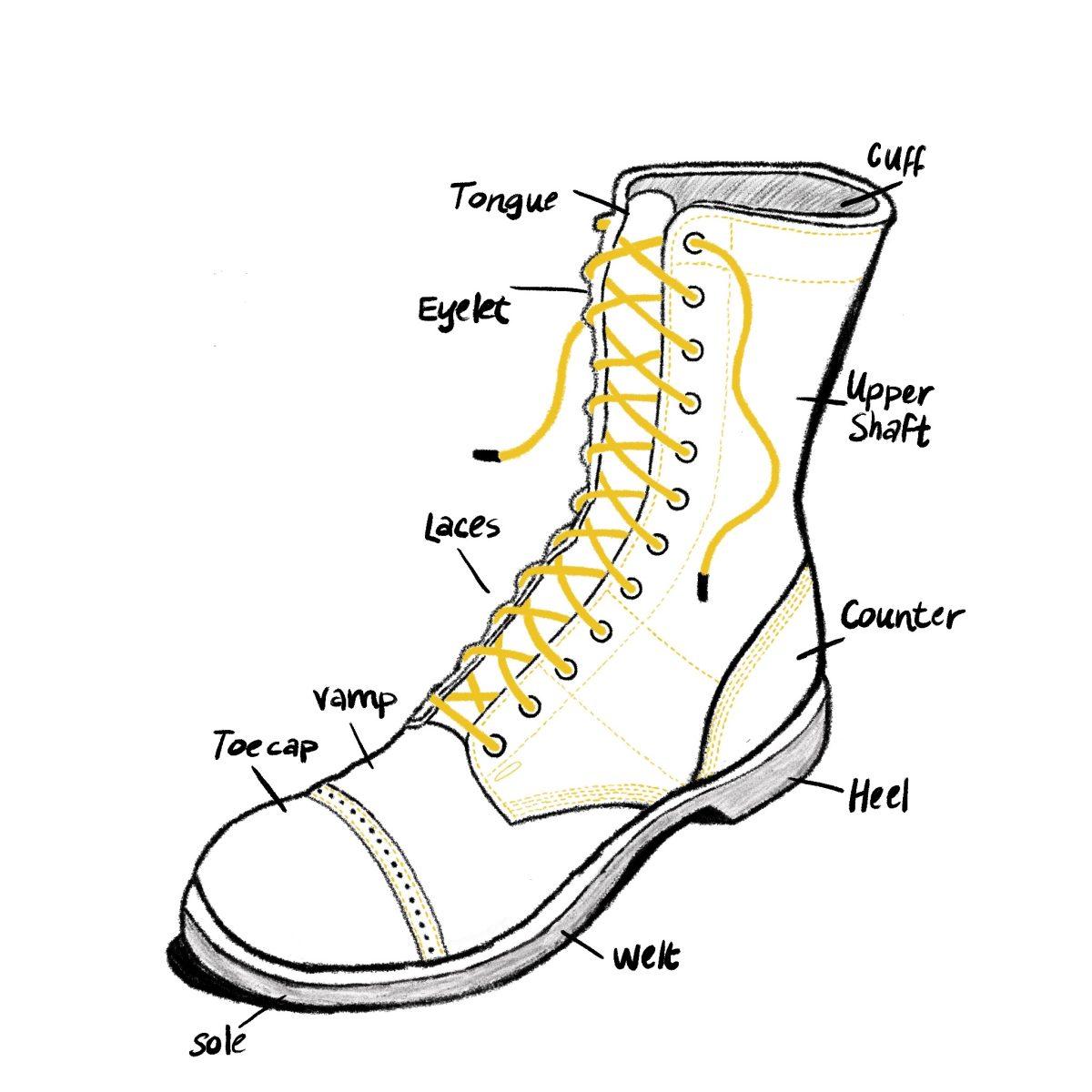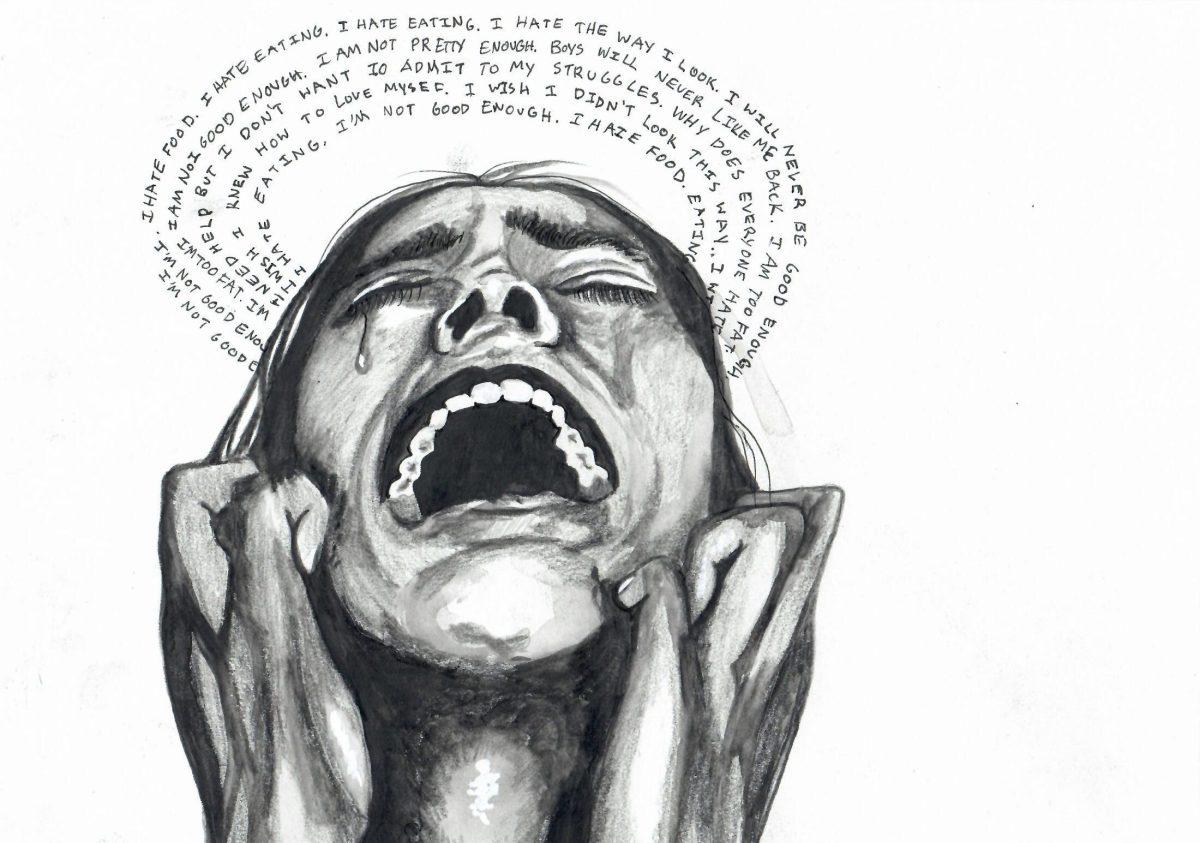On Oct. 3, 2021, an Instagram account with the username “grantparking” uploaded a photo of a gray SUV parked an awkward three feet from the curb. The photo’s caption read, “Should be illegal,” and the post got a meager 37 likes. Since then, the account has amassed over 1,000 followers and catalyzed the trend of Grant-themed Instagram accounts based around a variety of subjects.
The chatter generated by the accounts, both online and in-person, has kindled an alternative sense of school spirit that Grant students have missed over the past few years. But behind the light-hearted humor remains the darker side of unregulated social media: Grant community members are concerned with the consequences of some of the content being posted.
The most followed unofficial Grant account is also the one that has raised the most questions. “Ghs.confessions.page” is an account that posts anonymous confessions that are sent in by its followers through a google form. The page has over 1,200 followers and has rapidly gained notoriety among students and staff .
“Grantparking” was the first Grant-themed account to gain traction. The page features photos of erroneous parking jobs outside of the school building accompanied by humorous captions like “Parallel parking is not for everyone” and “Another victim of the tree.”
Next came “ghs.slump.account,” which posts photos of students sleeping during class.
After its creation, new accounts started to rapidly emerge, many making their Instagram debuts in early December 2021. On the first of the month, “ghs.antimasker” began posting submissions of Grant students wearing masks improperly.
“Ghs_questionableteachermoments” established its platform the following day, posting photo submissions of teachers in subjectively “questionable” positions. Concerns surfaced regarding the potential distress the account could cause for Grant staff but the account administrators say they have received little pushback.
“I don’t believe our account has been harmful,” says one of the anonymous administrators of the account, “We’ve only had one scenario where we’ve been asked to delete a photo and it was solved within five minutes.”
On Dec. 3, “ghs.badposture” went live. The account uploaded photo submissions of students exhibiting bad posture around the school grounds.
Six days later, “ghs.confessions.page” posted their first submission. The account quickly grew, establishing itself as the most popular unofficial Grant Instagram account by exceeding 1,200 followers.
The account’s success can be attributed to a social need, especially among teenagers, for gossip. “It’s entertaining,” says junior Eve Skelly. “It’s fun to just scroll through and see some of the funny things that people post.”
“Ghs.confession.page” offers a platform for students to anonymously speak their mind without repercussions. Many students have used the page to vent about common school problems, like spotty WiFi in the building and messes in bathroom stalls. At its best, the account can provide a place for students to seek outside input on their friendships and relationships.
Pressing issues within the Grant community have been debated through sequential posts on the account, like beauty standards and COVID-19 protocols, including vaccinations and student protests.
On social media, it is easy for genuine discussion to escalate into insult and attack, especially when individuals are completely anonymous.
In its time online, the confessions account has generated a spiral of negativity and harassment. “There’s some cyberbullying and microaggressions going on,” says junior Beck Wilmart.
Submissions that may be considered triggering for some students have been posted on the page, including discussion of eating disorders and self-harm.
Racism and homophobia have been present in posts as well, which can contribute to students feeling unsafe and unwelcome at Grant.
Graphic sexual content posted about Grant students, the majority of whom are minors, was also posted on the account in its earlier days. “I don’t post sexual content about students anymore,” the administrator of “ghs.confession.page” says.
The administrator has made changes to his account management style as the page has amassed following and received feedback, and now filters the content posted. He has chosen to remain anonymous for privacy reasons.
The administrator says, “When I first started my account, there were a couple submissions I posted where people would make insensitive jokes that I later deleted. I don’t post submissions like that anymore.”
Just as the account administrator protects his own privacy, he has learned to protect that of other students too. “I also posted a couple submissions at the beginning of people mentioning people by name saying something negative about them.” he says, “I went back and deleted them after.”
Ultimately, the account administrator is able to control what content is and is not uploaded to the public.
“I don’t think the owner of the account is being very responsible,” says junior Stella Fox-Smith, “They’re choosing to post these sexual messages about students but not posting things like (sexual assault) allegations … I don’t think that’s fair to silence victims but also having these very graphic sexualizing messages being posted.”
Since receiving feedback from followers on content being posted, the account administrator has clarified his stance on allegations of sexual assault and sexual violence. “I don’t post sexual assault allegations. If anything happens, then suddenly I’m involved in it. I don’t want to be involved.”
The account owner has been involved in controversy himself through the captions he writes.
One submission read simply, “I’m fat.”
He responded to the message by captioning the post “lose weight.” His caption brought a wave of angry submissions in the following days, and a flood of comments accusing him of fatphobia.
Since then, the account administrator has been more cautious about sharing his own input on the account submissions. “I realized it’s not the best idea to keep writing stuff that people might find controversial,” he says.
Two lists naming the “hottest girls” in the freshman and junior grades were posted on the account in January. The posts ignited debate in submissions throughout the following days and sparked conversations around the school.
“Any person can write those lists, so there’s no way to tell if people are being truthful if they write those things. Someone on the list could have written that to make other people feel bad,” says Skelly.
“Grantparking” and “ghs.confessions.page” are set apart from other accounts because they don’t post photos of students, so they don’t have to deal with the issues of taking photos of minors without consent. “Taking pictures of people without their consent for entertainment is harmful,” says Anne St. Amant, a teacher at Grant, “We are a community, and it’s important to step back and think, ‘Are you being a good person or not?’”
Account administrators typically try to avoid pushback by removing photos upon request. “If anyone wants me to delete a post, I’ll delete it right away,” says the admin of “ghs_bad.posture.” “I don’t want people to feel hurt by anything I post.”
An account called “ghsthreats” showed that Grant students do draw the line somewhere when it comes
to photography without consent. “(The account) was just harassment and bullying,” says senior Amelia Kotamarti.
The first and only post to be featured on the account was a photo of a Grant student wearing alternative fashion. “It was shut down quickly after by a lot of students reporting it,” says Kotamarti.
Parents, students and teachers have reached out to the Grant administration to complain about certain accounts and posts. “Our intent as administration is not to be the Fun Police,” says Vice Principal Steven Benson, “We respect students having fun and making jokes, but there’s a line that can sometimes be crossed, especially when it’s anonymous in the social media space.”
The Grant administration has little ability to censor the accounts due to the anonymity of the platforms. “We encourage people to take the route through Instagram to try to get those posts taken down,” says Benson, “There’s only so much we can do.”
The trend of Grant-themed accounts has brought both community discussion and social strife to the school. Wilmart says, “If we have open conversations about it and talk about why the things that people are posting are negative, that could possibly encourage people to be more mindful about what they put online.”
The administrator of “ghs.confessions.page” thinks that the trend will subside, like so many do. “I assume that within the next couple months, it will probably die down,” he says. “People will run out of things to say.”♦




























